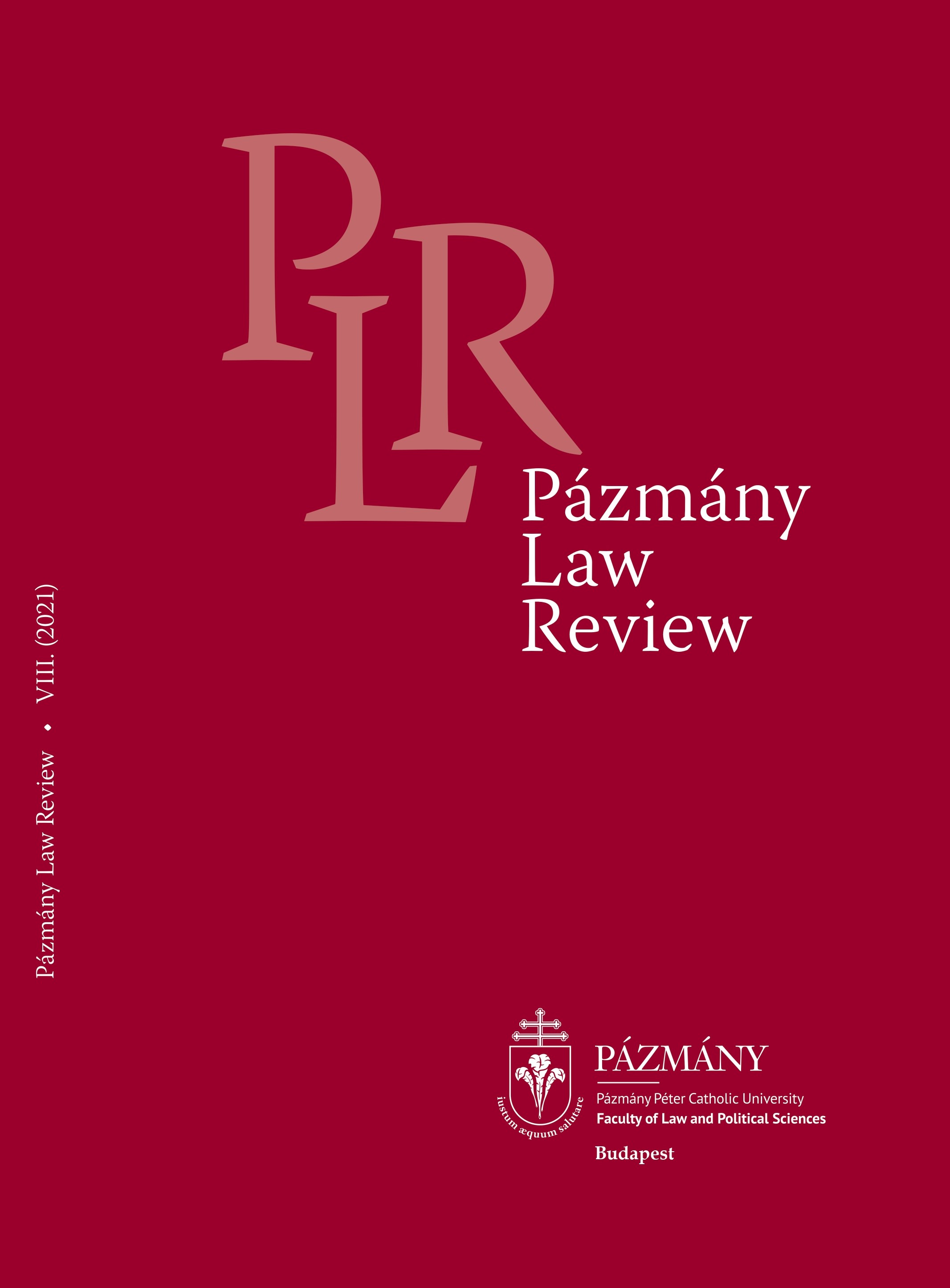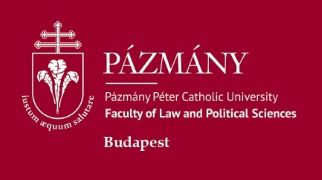Legis Actio in Rem and Adolf Reinach’s Theory on Social Acts
Abstract
In an essay published in 2002, Ulrich Manthe analysed the ancient legis actio sacrament in rem in the light of the speech act theory shaped, above all, by John L. Austin (1911–1960). Almost half a century before, Austin Adolf Reinach, an outstanding member of the phenomenological school founded by Edmund Husserl, developed a theory of illocutionary acts from the perspective of realistic legal philosophy. One of the essential elements of the model developed by Reinach is the theory of social acts. In the fi rst step, the paper focuses on the opening part of the legis actio sacramento in rem. It shows that concerning the activity of the parties during the initial ritual of the law enforcement process, we discover the development from the acts of conviction and assertion, which still do not arrive at the state of social acts, to the social act of informing the other party about the claim. The paper also tries to approach the activity of the praetor and the judge through the theory of social acts. The “mittite ambo rem” on behalf of the praetor is qualifi ed technically as the social act of a command. Without arriving at a fi nal result, the paper makes a first attempt to apply the categories of commandment and enactment to the activities of the praetor and the judge. It leaves this item open to further research underlying at the same time that the application of the social acts might contribute to understanding the relationship between the two actors in ancient law.





